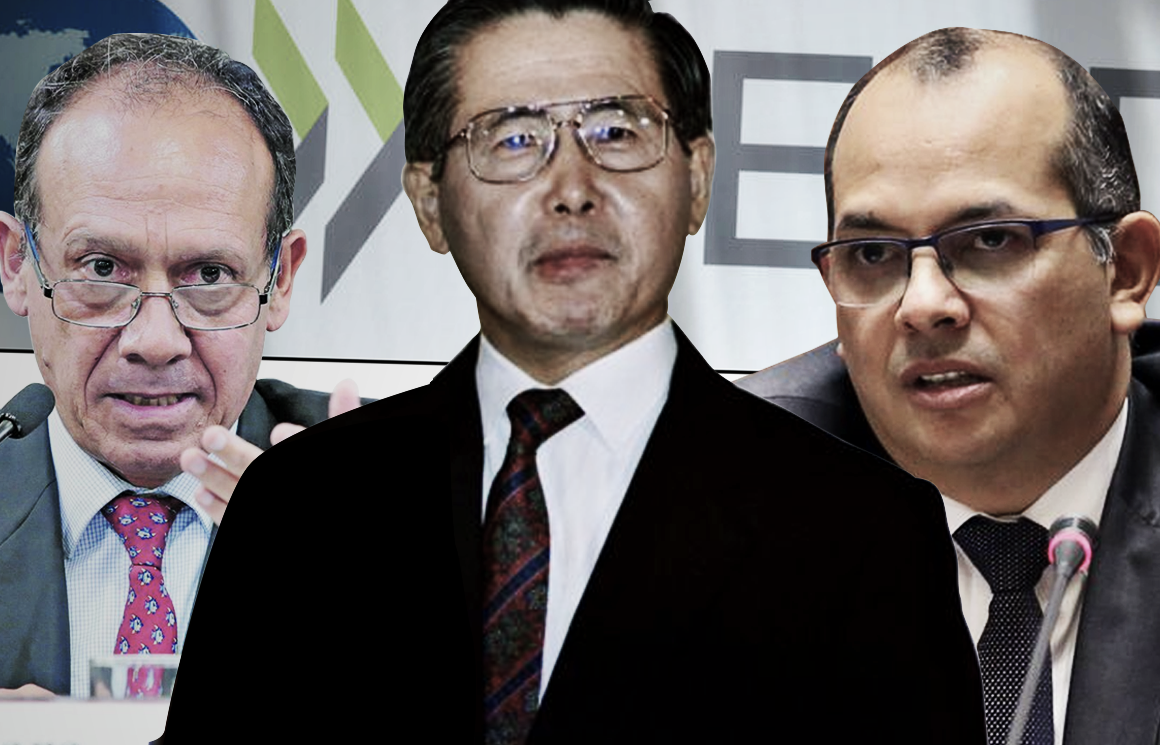
It is no secret that the political crisis has dragged, under its mantle of instability, the Peruvian economy in the last decade – perhaps longer – in the face of the image it projects towards foreign investment markets. At this point, the release of former President Alberto Fujimori could take a special turn at a time when the recession hits the engines of growth and Peru seeks to join the OECD.
The Economist Jose Tavaradirector of the Central Reserve Bank (BCRP), warned that various analysts and international lawyers who advise companies that invest in Peru see a bad sign when the State decides to “openly and grossly violate international court rulings,” based on a Constitutional Court decision that would ignore the agreements of the IACHR.
In this sense, the specialist remembers that the Peruvian State resorted to the Court of The Hague to resolve the conflict with Chile, and even though “one can discuss whether it was right or wrong, no one questioned the legitimacy and force of the sentence.” . Accession to the OECD would suffer its first ravages.
“The same occurs with international awards. When there is a conflict between international companies that sign, for example, tax stability treaties, they incorporate clauses to resort to international courts in these processes. The awards are respected and that is essential to maintain legal security,” said Távara.
The professor also states that there is a “serious risk of perception of legal insecurity” following the release of Alberto Fujimori, with a consequent deterioration of the investment climate.
“We are systematically ignoring a series of OECD recommendations aimed at strengthening institutions. There are numerous and repeated recommendations that we are not taking into account to protect and guarantee the autonomy of the institutions,” said Távara.
“This distances our country even further from the organization. But what is worrying in the short term are multinational investments,” he added.
Alberto Fujimori: the agreements of the IACHR and the OECD
For his part, the former Minister of Economy, Luis Miguel Castillacompares the controversy surrounding the release of Alberto Fujimori with the investigation centered on the Attorney General, Patricia Benavides, and finds harmful similarities regarding foreign investment.
The economist warns that, even though “it is more of a political than an economic issue,” the noise generated by ignoring international treaties in Peru – as would occur if arbitration decisions at ICSID are ignored – is negative. He now sees it as impossible for our country to join the OECD in 2026, as the Ministry of Economy and Finance (MEF) had planned.
“That Peru begins to ignore rulings of any international nature, in a whimsical manner, does not contribute to its image as a country that respects the order to which it is subjected,” highlighted Castilla Rubio.
Castilla affirms that, for investment purposes, it is even more pernicious when the mayor of Lima, Rafael López Aliaga, ignores the “arbitration awards that go against him.” However, the debate about Fujimori and the IACHR contribute “one more stripe to the tiger” when it comes to attracting investments.
“Peru must scrupulously comply with all international agreements it signs. If you don’t do it, you lose credibility, and that does not discriminate in the economic or political sphere,” asserts the former head of the MEF.
“For a foreign investor, respect for international law in any country is fundamental,” he concludes.
Source: Larepublica
Alia is a professional author and journalist, working at 247 news agency. She writes on various topics from economy news to general interest pieces, providing readers with relevant and informative content. With years of experience, she brings a unique perspective and in-depth analysis to her work.











